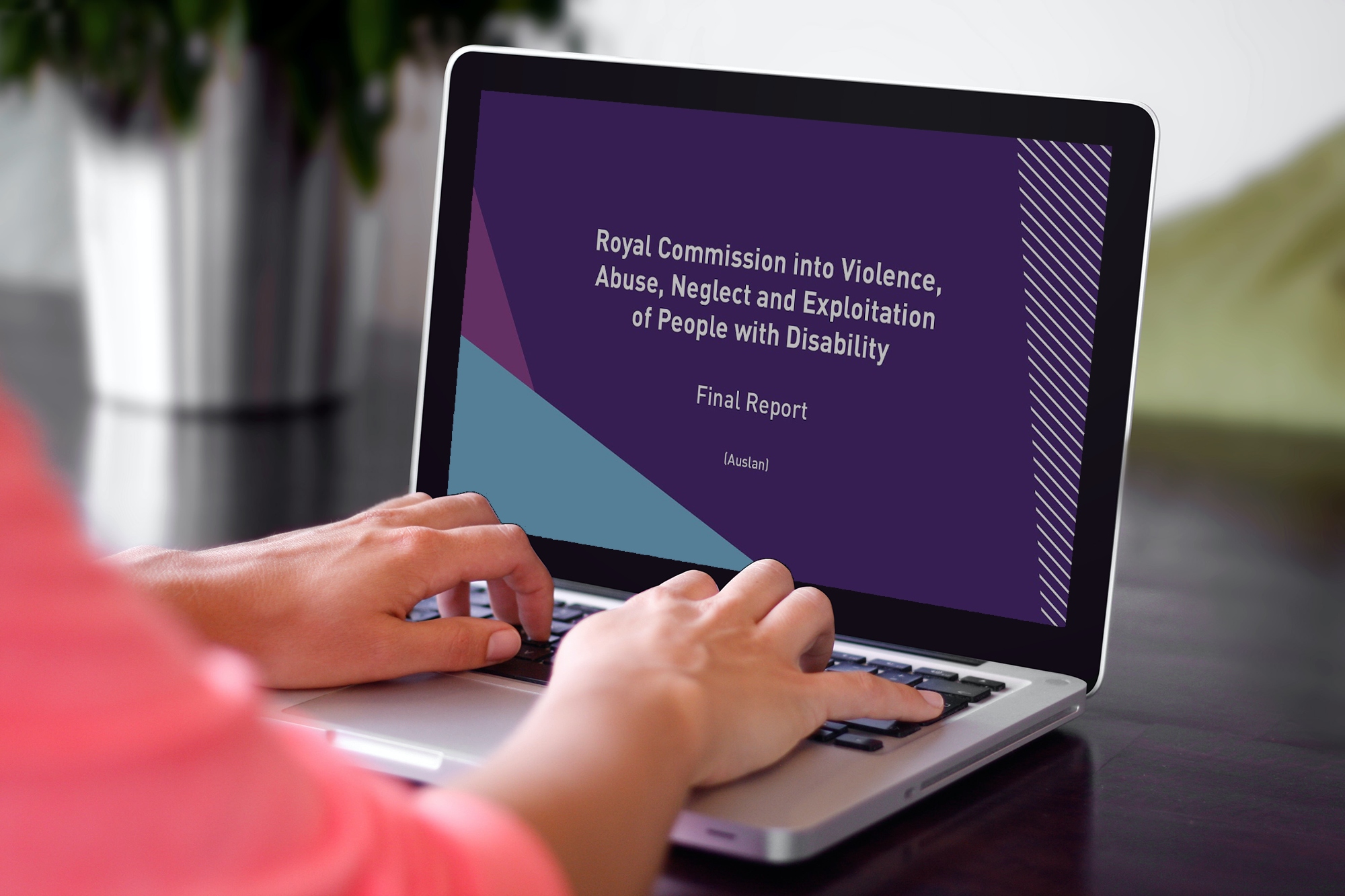A conflict of interest arises when a person or organisation takes advantage of their position for personal or corporate benefit. The conflict may be actual (because it occurs), potential (because it may or is likely to occur), or perceived (because people could or would think it is a conflict, even if it is not).
Within the NDIS, the issue can arise when a provider offers multiple supports. A support coordinator, for example, is required to provide advice that is unbiased and fair, in helping to connect participants with the supports they need. However, if the support coordinator’s organisation also delivers other supports, they may unintentionally influence a potentially vulnerable participant’s decision-making process in the selection of the providers of their supports.
In his recent review of the NDIS Act, David Tune AO PSM discussed the potential conflict of interest that arises when support coordinators are also the providers of other funded supports within the individual’s plan. He recommended that:
“The NDIS rules [be] amended to outline circumstances in which it is not appropriate for the providers of Support Coordination to be the provider of any other funded supports in a participant’s plan, to protect participants from providers’ conflicts of interest.”
The Tune Review found that in some cases, where the participant was receiving funded supports as well as support coordination, the coordinators only directed participants towards supports provided by their own organisation. This limits the individual’s freedom of choice and control over their funded supports.
It is important that participants receive transparent advice about support options available, and providers respect the participant’s rights to freedom of expression, self-determination and decision-making. The Review recommended that where possible, a person’s support coordination should be independent from other service provisions.
Support providers have an obligation to put processes in place to limit conflicts of interest where possible. We have developed several resources that organisations can use to assist with this. Our support coordination and plan management policy outlines how providers can reduce the risk of conflicts of interest by:
- Maintaining a separation between the service delivery team and the support coordination team where possible;
- Ensuring that information and records of supports participants have received remain confidential;
- Ensuring that participants receive all the information regarding support options under the NDIS;
- Ensuring that the individual is aware of their rights to choose support from a provider that is different to where their support coordinator or plan manager works.
You can access these policies in SPP’s Reading Room:
- Policy: Support coordination and plan management
- Policy: Conflict of interest NDIS
Our Policy: Specialist Disability Accommodation (SDA) also addresses conflict of interest in the SDA context.
Want to find out more?
To access these resources and hundreds of others in SPP, click the button to the right!


